185 CD / Auryn’s Haydn: op. 50
Description
„Die kompletten Haydn-Aufnahmen des Auryn Quartetts wachsen kontinuierlich und bringen dem Hörer genau so kontinuierlich Glück. Glück vor allem deshalb, weil hier keine Diskussionen aufgeworfen werden. Dieser Haydn ist indiskutabel gut und schön, souverän gespielt, und so formvollendet und ausgewogen dargestellt, dass man immer nur staunen kann.“ (Pizzicato)
6 reviews for 185 CD / Auryn’s Haydn: op. 50
You must be logged in to post a review.

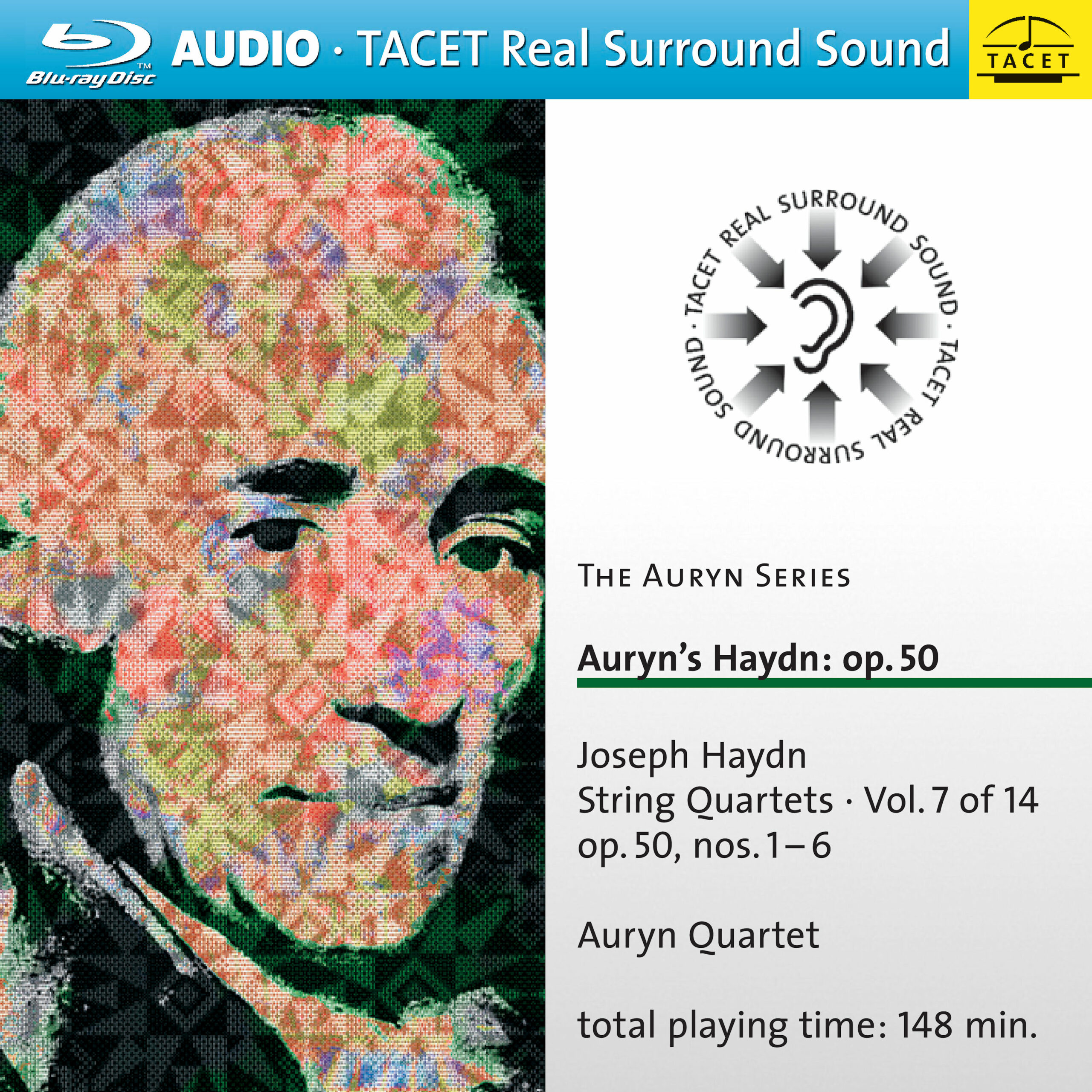
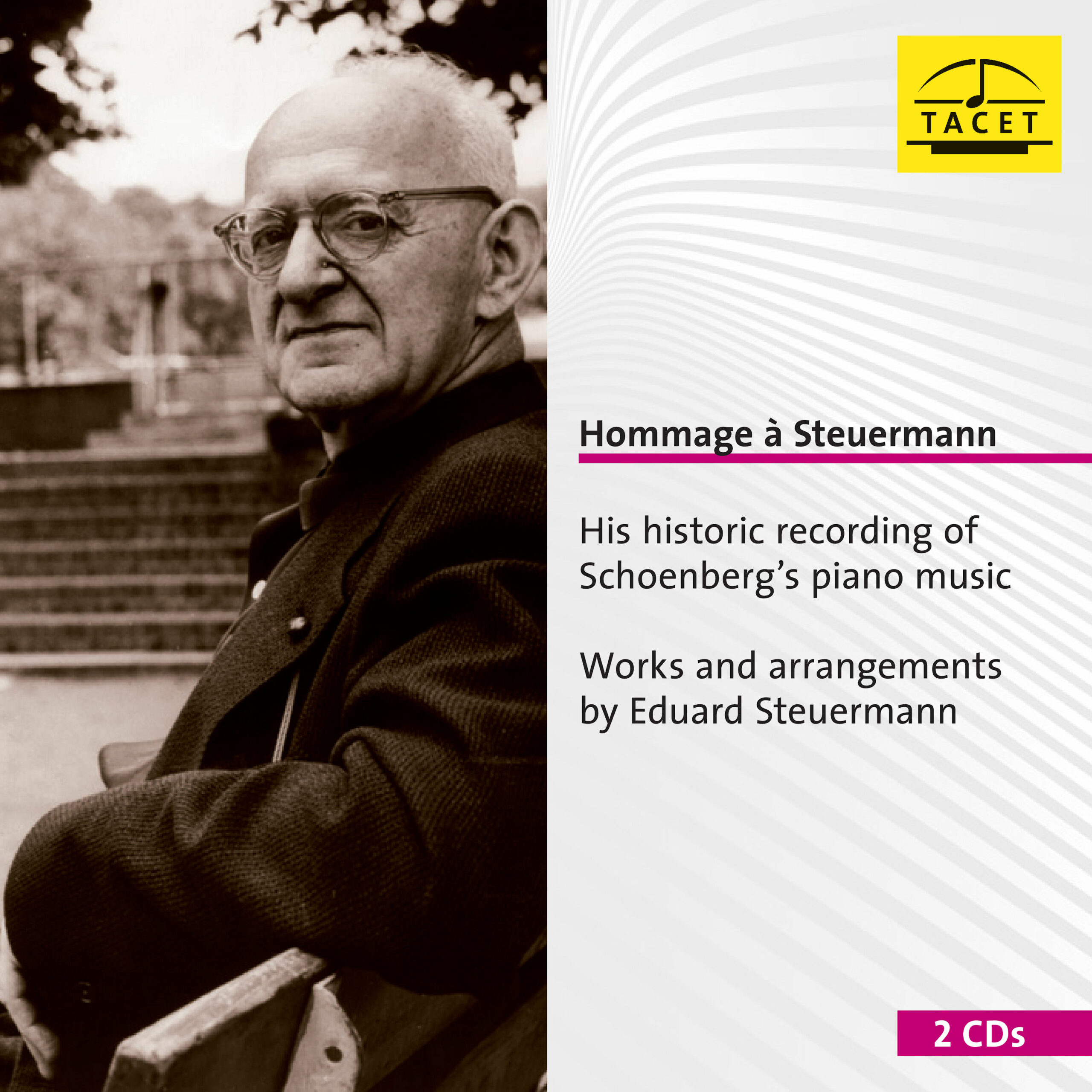
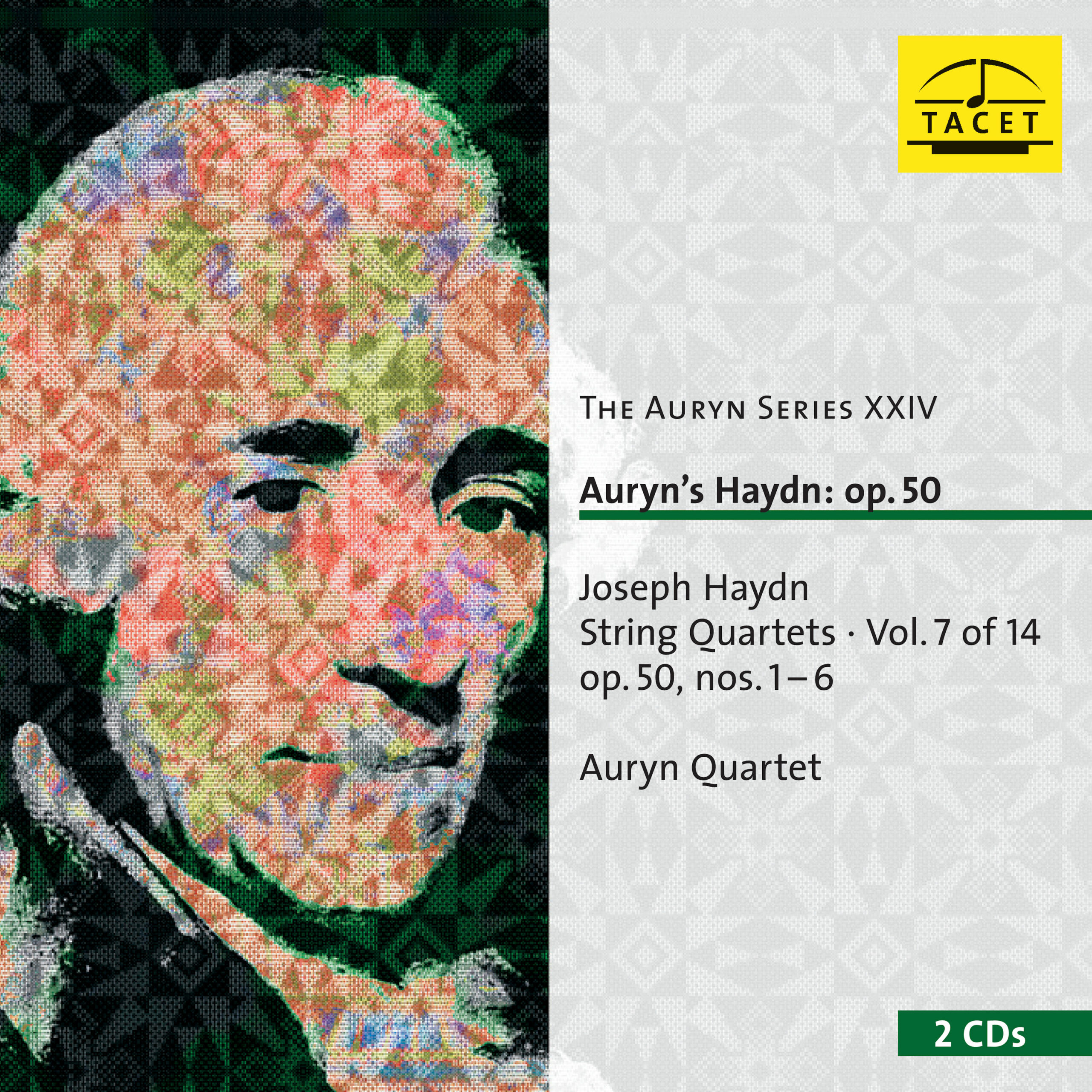
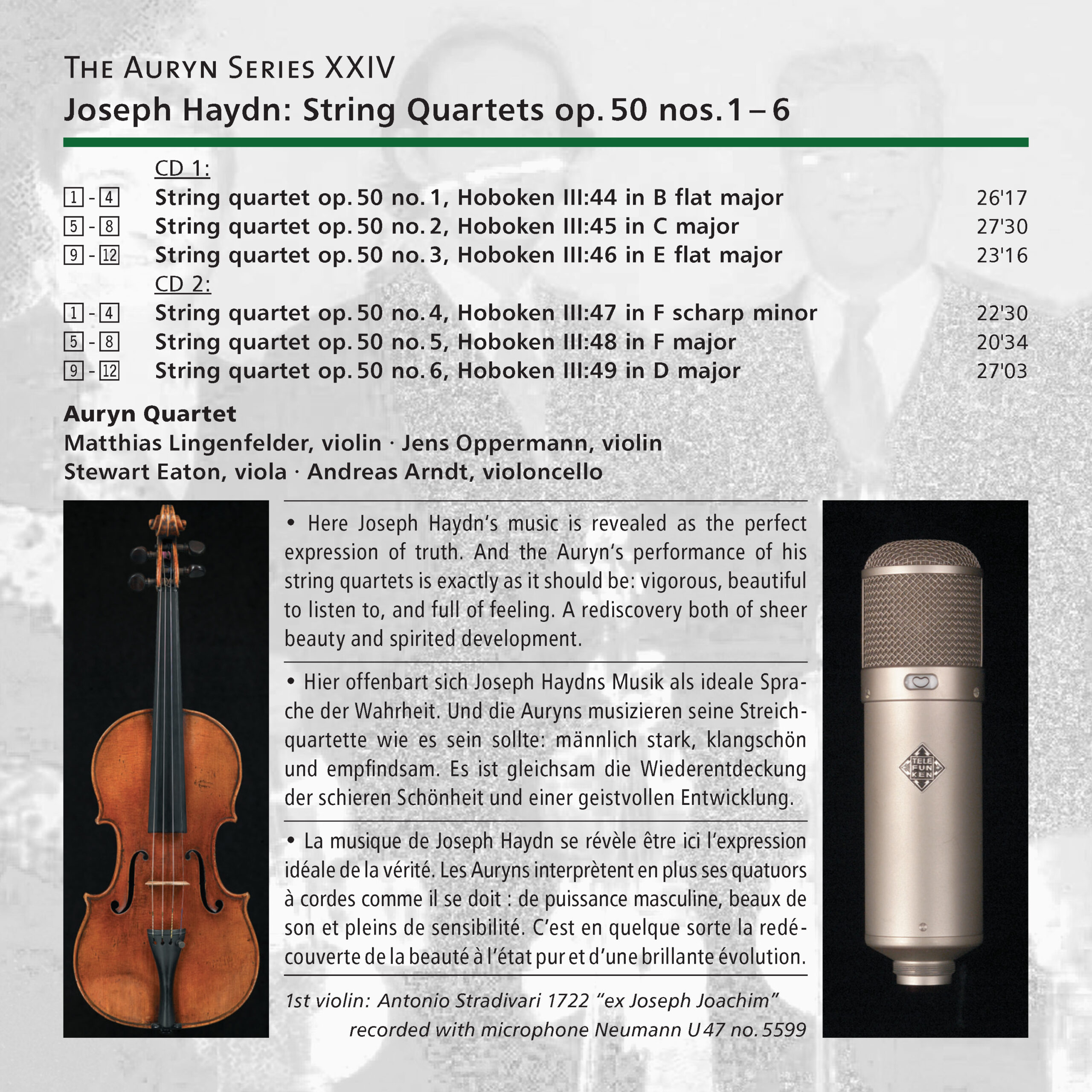


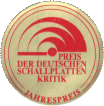

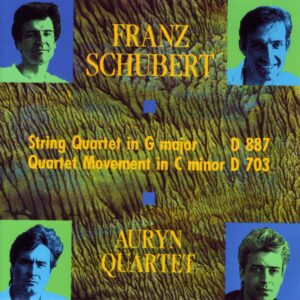
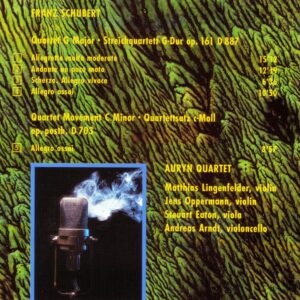
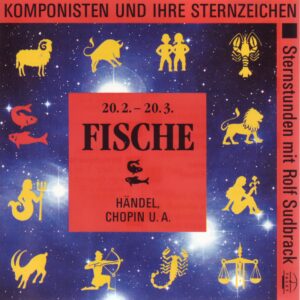
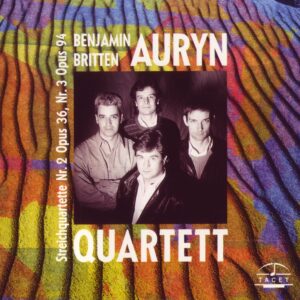
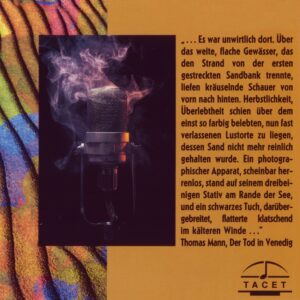
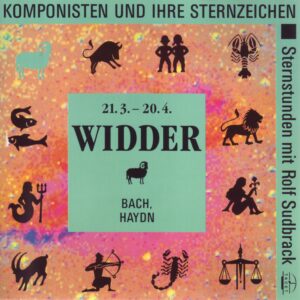
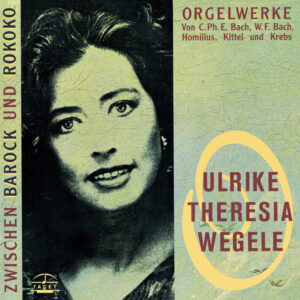
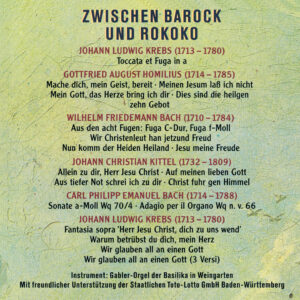
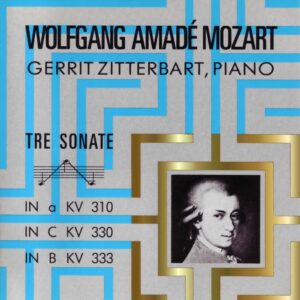
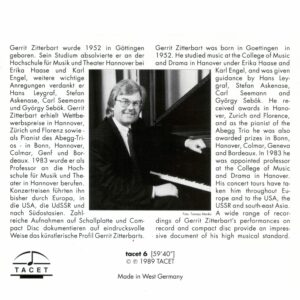
Preis der deutschen Schallplattenkritik –
Laudatio for the Award of the German Record Critics' Annual Prize to the Haydn Cycle by the Auryn Quartet
Joseph Haydn is considered the father of the string quartet genre. The Auryn Quartet recorded his nearly 70 string quartets over a two-year period: for the first time using the critically edited "purified" text, with esprit, lively emotion, and highly differentiated ensemble playing, all within a natural sound space: a small sensation. Such an undertaking requires a label that is not only technically state-of-the-art but also willing to take risks. The Stuttgart-based TACET Musikproduktion has distinguished itself several times through this very combination of skill and daring. Therefore, we award the Annual Prize to the Auryn Quartet and their producer/sound engineer Andreas Spreer for their epochal Haydn project, which is already assured a prominent place in the annals of sound recording.
(For the jury: Thomas Rübenacker)
Pizzicato –
The Auryn Quartet's complete Haydn recordings continue to grow and bring just as much joy to the listener. Joy, above all, because no debate is raised here. This Haydn is indisputably good and beautiful, masterfully played, and presented with such perfect form and balance that one cannot help but marvel. Nothing becomes academic, loin de la: Auryn's interpretations are highly musical, lively, fulfilling, and breathe pure Haydn air. Bravo! We're already looking forward to the next sets.
RéF
Applaus Kulturmagazin –
Haydn’s Op. 50 string quartets have never quite managed to assert themselves alongside their more famous siblings. They are not as experimental as Op. 20, not as exuberantly witty as Op. 33, and not as radiantly euphoric as Op. 76—which may explain why they have often been conspicuously overlooked by string quartet ensembles. That’s a pity, because it is precisely with Op. 50 that Haydn’s mature, “classical” quartet style begins—perhaps influenced by Mozart and his set of quartets dedicated to Haydn. The intellectual depth and individuality of these works are brought out with exemplary clarity in the new recording by the Auryn Quartet—this being the seventh volume in their complete cycle of Haydn’s quartets. As always, the Auryns shine with their outstanding sense of ensemble, exemplary clarity of articulation and intonation, and a tone that is both lean and warmly resonant. The coherence of thematic development takes center stage, without losing the trademark Haydnesque humor, which in Op. 50 is less overt than, for instance, in Op. 33. Yet the Auryns thankfully resist the urge to point it out with a raised finger. With them, the music flows with complete naturalness, filled in every bar with wisdom and humanity—a fortunate result of decades of conscientious and successful ensemble work. Remarkably, the quartet has performed in its original formation since 1981!
ti
Klassik heute –
That not all scores are created equal may be a truism—but one with significant consequences. In an age not only of increasingly scientific music editing but also of historically informed performance, even the most scholarly complete editions risk becoming “outdated.” New findings, revised interpretations of manuscripts, the rediscovery of long-lost autographs—all of these factors influence editorial practice, and even seemingly unproblematic editions of the classics can become questionable, or even dubious.
For that reason, it would be highly advisable for CD booklets to always specify the edition of the score used, so that listeners know what they’re hearing. Of course, performing from older editions doesn’t automatically mean the interpretation is inferior—but questionable passages can be better understood. In reviewing the present recording of Joseph Haydn’s Op. 50 quartets by the Auryn Quartet, the reviewer had access to the urtext edition edited by Barrett-Ayres and H. C. Robbins Landon—still considered the gold standard for Haydn—and the parallel recording by the Hungarian Festetics Quartet (Arcana 415, 2 CDs; coached by Professor László Somfai, another leading Haydn authority) clearly appears to be based on this edition. But what about the Auryn Quartet? Take, for example, the B-flat major quartet, Op. 50 No. 1. In the first movement, the main motif of the movement appears in the first violin in the last bar (bar 108) before the recapitulation, beginning on high C (c'') and ascending to D (d''); and this is exactly how the Festetics Quartet plays it. The Auryn Quartet, however, plays the motif a third higher—starting on E-flat (es'') and descending to D (d''). A tiny detail, to be sure—but an audible and notable difference.
Today, repeat markings are generally observed with near-pedantic care—this is standard practice among serious quartets, whether “historical” or “modern” in approach. The Auryn Quartet is, in principle, no exception in this regard—yet in the F major Quartet, Op. 50 No. 5, the repeat of the A section in the trio of the minuet is omitted. Why?
Enough with the philology: this is solely about clarity of context, not about interpretation. Because the interpretation here is exceptionally well done—full of tension, attentive to the character of each movement—such as in the multifaceted and expressively shaped, profoundly thoughtful set of variations in the E-flat major Quartet, Op. 50 No. 3, the Andante o più tosto allegretto. The playing is technically assured to an impressive degree. To return briefly to the comparison: the Festetics Quartet offers a correct, indeed high-quality performance, but one that often seems to be right at the edge of their capabilities—conscientious, but slightly strained. With the Auryn Quartet, one always has the impression: they have more in reserve. Their playing is rhythmically precise to an extraordinary degree, phrased almost as if spoken, the balance between instruments carefully calibrated, and long passages of sixteenth notes sparkle like strings of pearls. And yet, spontaneity is by no means lacking—whether in the brief, improvised solo cadenzas at fermatas (a practice consistent with performance customs of the time), or in the delightful final movement of the concluding D major quartet, with its rapid alternations of repeated notes across two strings (so-called bariolage)—a striking sound effect reminiscent of a frog’s croaking, which is how the quartet got its nickname… In short: a model interpretation of this group of works, which is so crucial to the history of the string quartet.
Hartmut Lück
radio K1 –
Commemorative years have the characteristic of eventually coming to an end. And as this year draws to a close, we turn the page on the chapter of Joseph Haydn—and one can only hope that the journey of discovery surrounding this composer will not be left in the past. That hope should be well supported by the many outstanding recordings released during the Haydn Year. Chief among them is the complete recording of Joseph Haydn’s string quartets by the Auryn Quartet. Just recently, the Op. 50 cycle was released—yet another masterful interpretation by this ensemble on the TACET label. Even a brief listening experience makes it clear: this quartet approaches Haydn from the expressive (espressivo) side—with passion, with sheer joy of playing, raw and elemental—yet by no means unrefined. On the contrary.
The Auryn Quartet takes Haydn at his word, grounding him in the reality of his time and realizing transparency with a sense of purposeful calm.
Dr. Stefan Janson
Audiophile Audition –
The march continues with volume seven of the Auryn’s Haydn series, these discs capturing the sprightly and glowingly original Op. 50 quartets. These "Prussian" quartets, so-called because they were dedicated to King Wilhelm II, were brought out publicly five years after the explosive Op. 33 set. In the meanwhile the six "Paris" symphonies had been written, and Haydn had also absorbed Mozart’s own response to Op. 33 in his Six Quartets dedicated to Haydn. The Op. 50 was in a way a response to Mozart.
The seriousness, playfulness, and chromaticism all bear the marks of the younger composer, but Haydn is still very much his own man and we come away in no manner confused as to who the composer is. As opposed to Mozart’s extreme lyrical sensibilities, Haydn adopts an almost Beethovenian exponent of motivic cells that dominate this writing. And especially in the last three quartets, those of f-sharp, F, and D, we see an astounding invention at work; the fugal and almost sturm und drang additives of the minor symphony contrast greatly with the subtle yet very involved slow movement Adagio of No. 6 in F. The variety is astonishing, something that sets this set of quartets apart from the others, though in no way denigrating those. Haydn was simply at home in this genre, one he had fathered.
The Auryn provides us with the same level of interpretative nuance and excitement that the other releases have given. I have been very high on this series and see no reason to change my mind about it now. Oh sure, you can always find individual readings of any quartet that might strike your fancy, but as a set these are hard to beat. Some are also being offered in DVD-A and some just on CD — why they didn’t offer them all on SACD remains a mystery to me. [Part of the explanation is that some required more than the 80-minute limit of CDs/SACDs, and DVD-As have at least 90 minutes or more...Ed.]
Steven Ritter